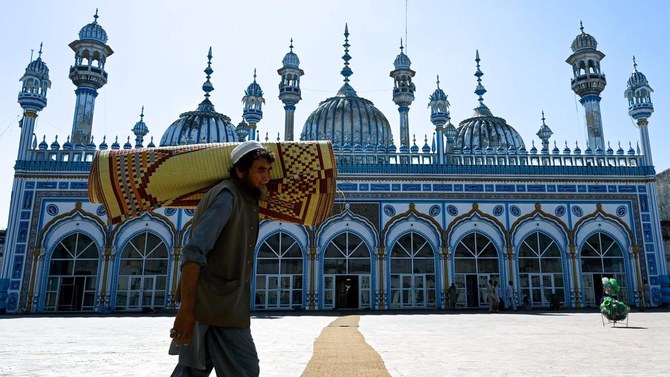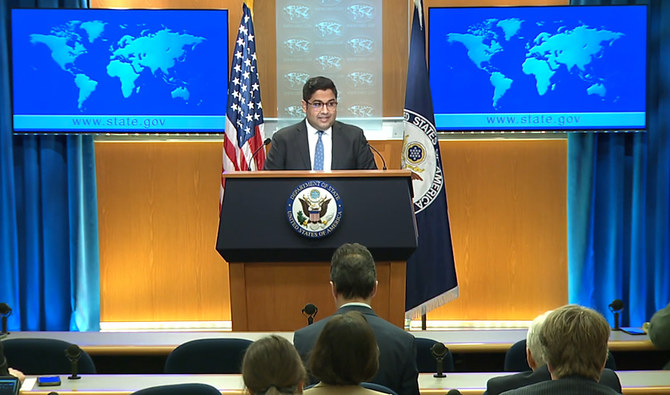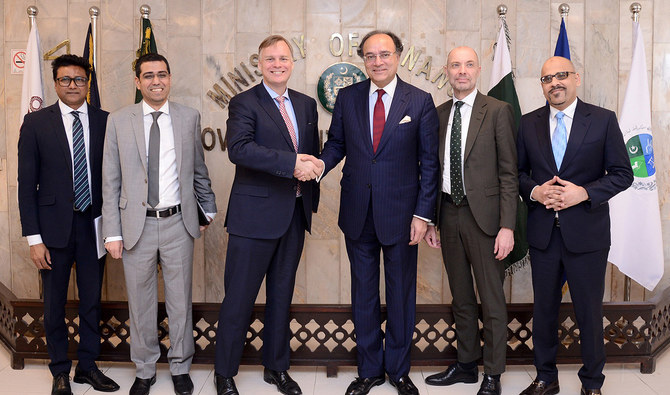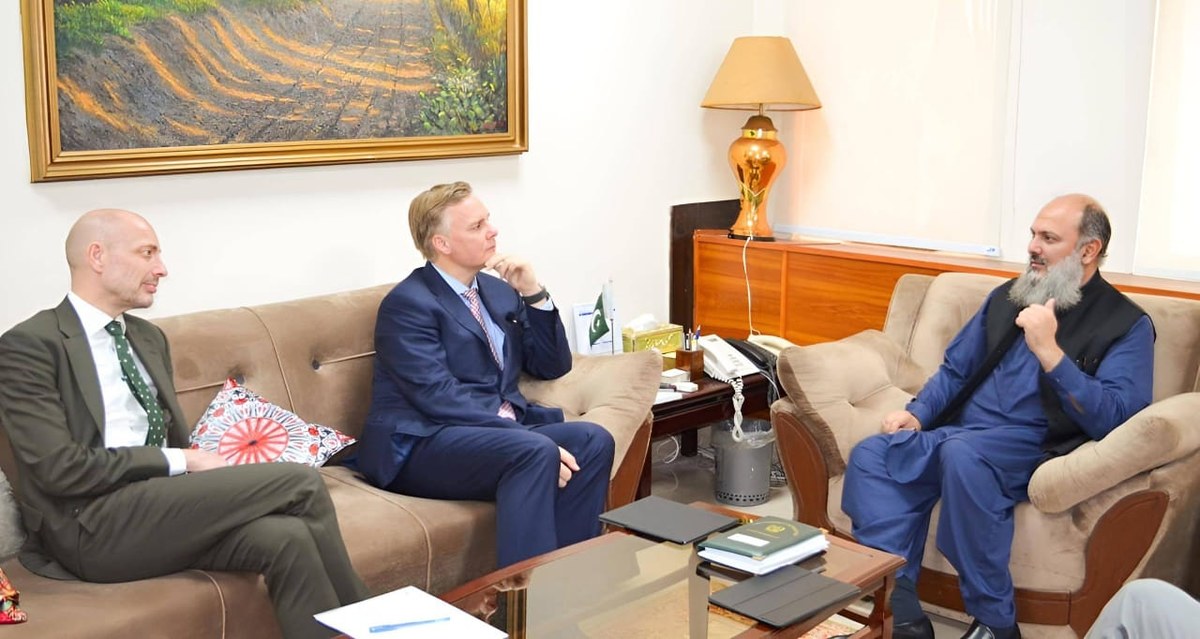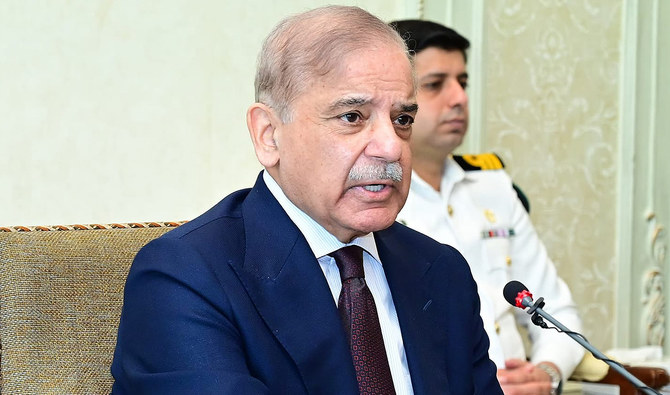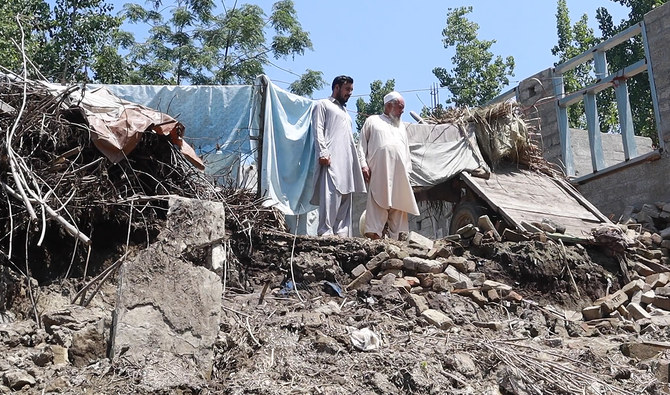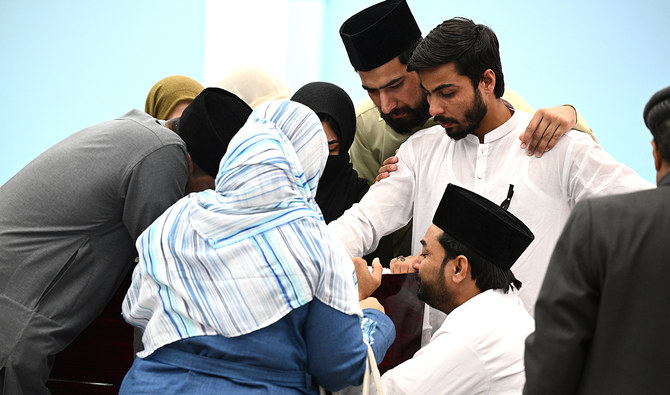PESHAWAR: After celebrating Eid Al-Fitr a day ahead of the rest of the country on June 4, the Khyber Pakhtunkhwa (KP) Information Minister Shaukat Yousafzai said that people may fast for “one extra day as Kaffara (expiation)” for missing the last Ramadan fast — leaving many questioning whom to follow in observing Ramadan and celebrating Eid.
“There is no official notification in this regard yet, but I’ve asked people to fast for one extra day as Kaffara. We didn’t identify any specific day but people can choose any day to fast as a compensation for the missed one,” KP Information Minister Shaukat Yousafzai told Arab News.
Pakistan’s northwestern KP province officially announced to celebrate Eid on Tuesday after accepting several testimonies of moon sighting while people elsewhere in the country celebrated Eid on Wednesday, June 5.
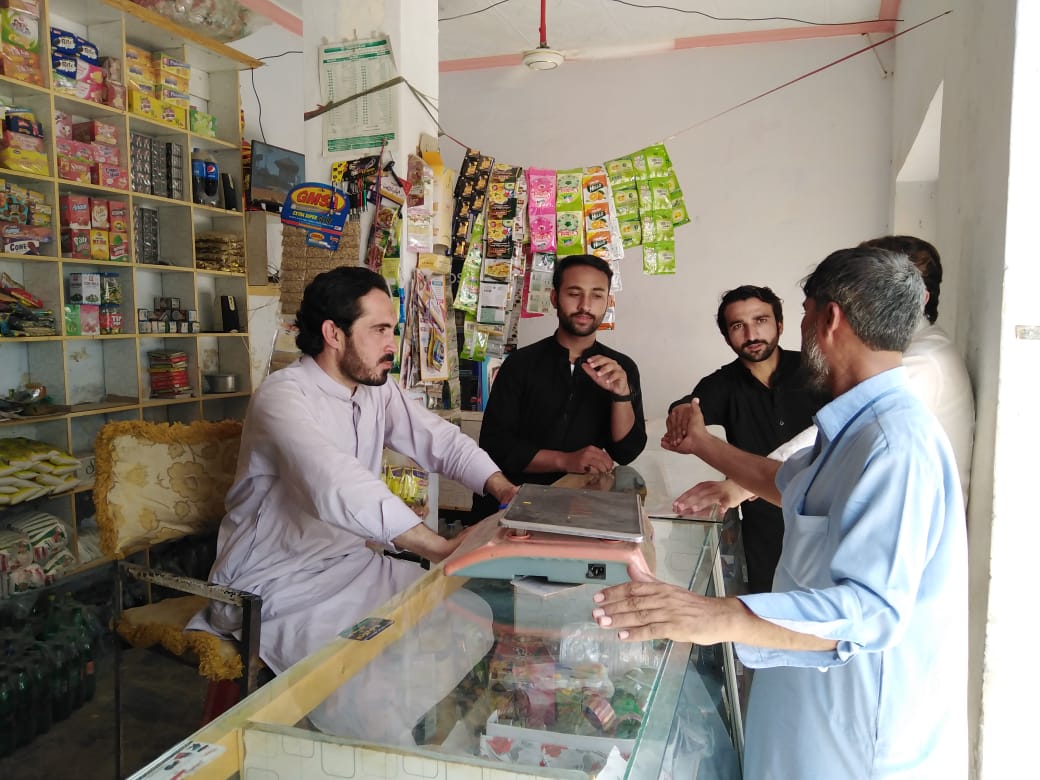
Jamshed Hayat,
Many parts of the province also commenced observing Ramadan fasts, obligatory in Islam, a day ahead of the central government thus dividing the local population in large numbers with many left to fast for only 28 days — a count incomplete for Ramadan observers — who followed the government-announced commencement of the Muslim holy month.
Noreen Saif, a female student from South Waziristan tribal district studying Sharia Law in Islamabad, expressed serious reservations over what she called ineptitude of past governments to resolve the long-pending controversy over Ramadan and Shawwal moon sighting.
People in most parts of KP, including the tribal areas, follow the Kingdom of Saudi Arabia in observance of Ramadan and celebrating Eid, she said, stressing that now the time was ripe for the government to resolve this lingering issue in the larger national interest.
“I don’t think people will observe fast as suggested by the information minister. It will be wise for the government to swing into action and tackle this issue to avoid split among the nation,” she suggested.
Defending KP chief minister’s decision to announce Eid apart from the federal government, Yousafzai said that the chief minister wished to preserves provincial harmony by announcing uniform Eid across the province on June 4.
He said that the grand Qasim Ali Khan Mosque in Peshawar received as many as 112 testimonies of Shawal moon sighting and the provincial government also received several witnesses of moon sighting, paving way for his government to celebrate Eid last Tuesday.
Jamshed Hayat 26 who owns a general store in southern D. I. Khan district, said he was planning to observe one extra fasting because they have celebrated Eid after fasting for 28 days.
“I’m all set to observe one extra fast in light of information minister’s suggestions. But we are now confused whether to follow the local government or Ruet-e-Hilal Committee, which is the country’s official body tasked with sighting of the moon,” Hayat said.
Ishfaq Hussain, a student at University of Peshawar, said that people are lamenting the inefficiency of past governments for not settling this sensitive issue.
“I don’t think many people will observe any extra fast but what we wish is that Pakistan should have Ramadan and Eid marked across the country on the same day, which will create national harmony,” he said.
The controversy of moon sighting surfaces every year in Pakistan at the beginning of Ramadan and observing Eid.
The country recently prepared its first lunar calendar to end the moon sighting controversy as the clergy in KP often accepts the testimonies received and announces the commencement of Ramadan and Eid separate from the central government.



